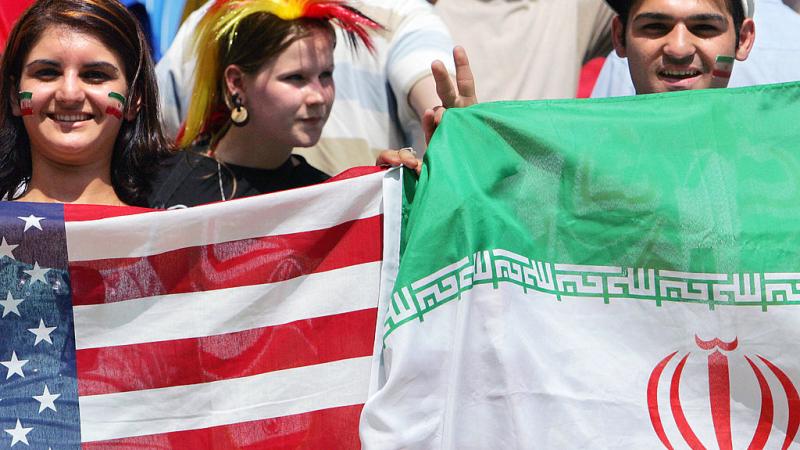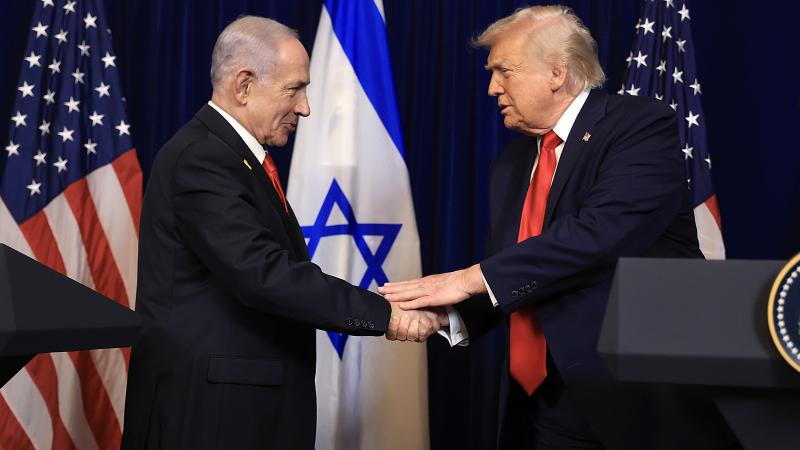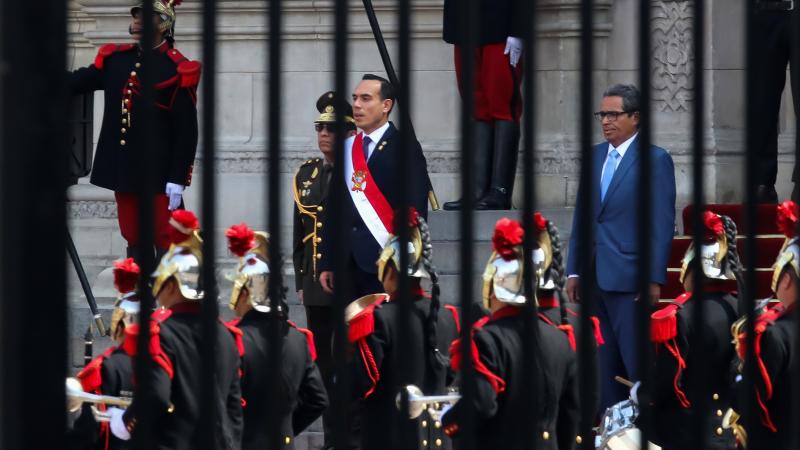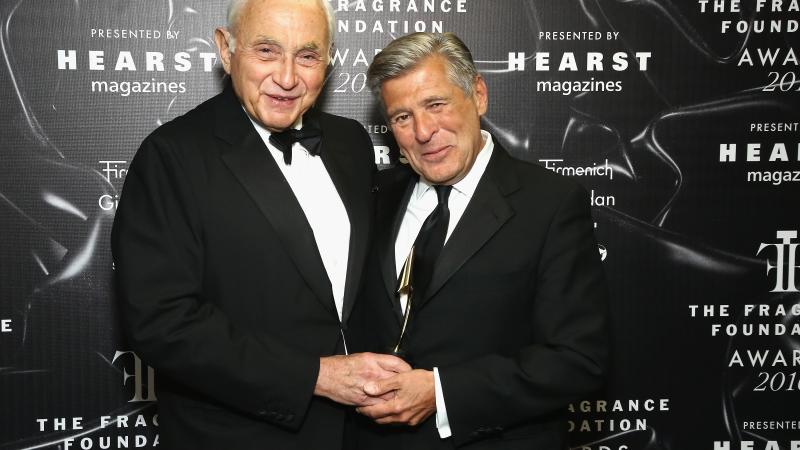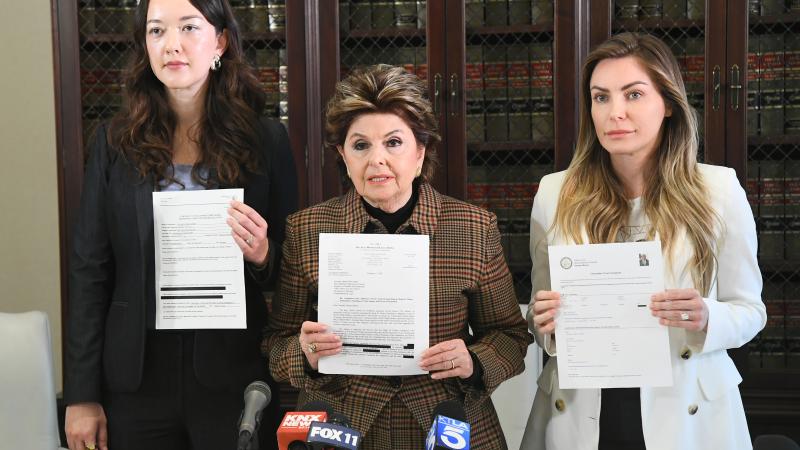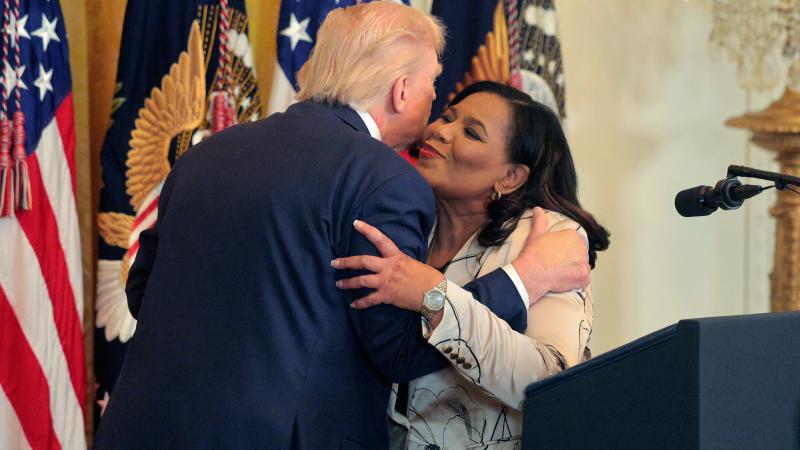Away from the negotiating table, Biden has acquiesced to some Iranian demands
Experts say the Biden administration may be showing more force with Iran than initially expected, but several concessions are cropping up. Congress is already stirring on feared sanctions relief.
In late February, President Biden ordered an air-strike on Iran-backed militias in Syria. The week before, the Biden administration joined with European partners in offering to begin talks with Iran for the first time in four years. However, when Tehran told the United States it wanted the devastating Trump-era sanctions lifted before showing up to the negotiation table, the Biden administration said no deal.
At face value, Joe Biden seems to be exacting tougher policy on Tehran than was expected of an administration operating in the shadow of the Obama-era nuclear deal.
Even Jared Kushner, a former senior adviser to President Trump and one of the main architects of the Abraham Accords, commended the Biden administration’s Iranian approach in an op-ed published in the Wall Street Journal this week. The piece encouraged the new administration to continue leading with strength in the often unstable region.
“Mr. Trump has said that Iran has never won a war but never lost a negotiation … Iran is feigning strength, but its economic situation is dire and it has no ability to sustain conflict or survive indefinitely under current sanctions. America should be patient and insist that any deal include real nuclear inspections and an end to Iran’s funding of foreign militias,” wrote Kushner.
But not everyone is so optimistic about the Biden administration’s plan for the region, citing some recent concessions that have not attracted much attention in the U.S. news media.
Shoshana Bryen, the Senior Director of the Jewish Policy Center, says that while on the surface of things it may appear the administration is playing hard ball (or, at least harder ball than was generally anticipated) the reality is that, since taking office two months ago, “Biden has done a series of things that makes the Iranians happier and more comfortable."
For instance, in early January, prior to Biden’s swearing in, Iran seized a South Korean oil tanker in international waters off the Persian Gulf. At the same time, though Tehran says the timing is coincidental, Iran demanded the release of funds being held by South Korea as part of the U.S.-imposed sanctions against Tehran.
Late last month, South Korea agreed to unfreeze $1 billion in funds to Iran being held by two Korean banks. Iranian MPs directly linked the fate of the ship to the frozen funds. Though, while the crew of the ship has now been retrieved by South Korean forces, the captain and tanker remain in Iranian waters.
South Korea, a U.S. ally, wanted the ship and captain returned safely without breaking sanctions. The Biden administration appears to have offered Seoul a way around direct sanction violations by telling it to release the funds to either pay Iran’s overdue U.N. fees, or to be funneled to humanitarian spending controlled by third party organizations. Tehran says it alone will decide where the unfrozen billion is spent.
Bryen told Just the News that this type of sleight-of-hand deal from the Biden administration is taking place “around the corner from direct negotiations,” in which, for the time being, the U.S. will not participate.
“It’s a tough front on one side, and a lot of help to Iran on the other said,” said Bryen, referring to the Syrian air strike and the newly freed up assets.
The South Korean episode has also attracted concern in Congress, where Rep. Bryan Steil, (R-Wis.) demanded Treasury Secretary Janet Yellen answer whether the U.S. is waiving terrorism sanctions on Iran so that South Korea could complete the payment.
"It would be gravely concerning if the United States waived terrorism-related sanctions on Iran to facilitate a ransom payment by South Korea without consulting Congress," Steil wrote.
Steil told the John Solomon Reports podcast in an interview to be aired Thursday that Yellen has not responded.
"Well, first and foremost, we need to get transparency from the Biden administration," Steil told Just the News. "And information that the United States is involved in waiving terrorism sanctions should be concerning to everyone. Congress needs to know what's going on with the administration. And are they working with plans to facilitate a transfer these funds? How did we get here?"
Without formally joining the negotiation table, the Biden administration has given Iran some of what it’s been after. In early February, the administration formally notified Congress that it will remove the Iran-backed Houthi rebels in Yemen from America’s list of foreign terrorist organizations. And, in late February, the Biden CIA released an unusually concise report attributing the killing of Saudi journalist Jamal Khashoggi to Crown Prince Muhammed bin Salman. The CIA’s assessment, according to the report, relied heavily on assumptions and not evidence, employing uncertain phraseology like “we have high confidence…,” and “the Crown Prince probably …”
Bryen says “the Iranian have asked for payment in dollars, in anti-Saudi rhetoric, in pro Houthi sentiments, and a lot of other things,” and that the above instances indicate that while publicly the administration is making a show of force, “Biden is paying around the corner."
Last week, Dakota Wood, a Heritage Foundation Senior Research Fellow for Defense and National Security Programs told Just the News that a stalemate with Iran is one of the best possible options we could be seeing coming out of the Biden administration.
Bryen says maybe so, but “if it's a stalemate that allows a lot of money to go into Iranian things, then it's not really a stalemate. Then it's just quiet while the Iranians put their money away.”

